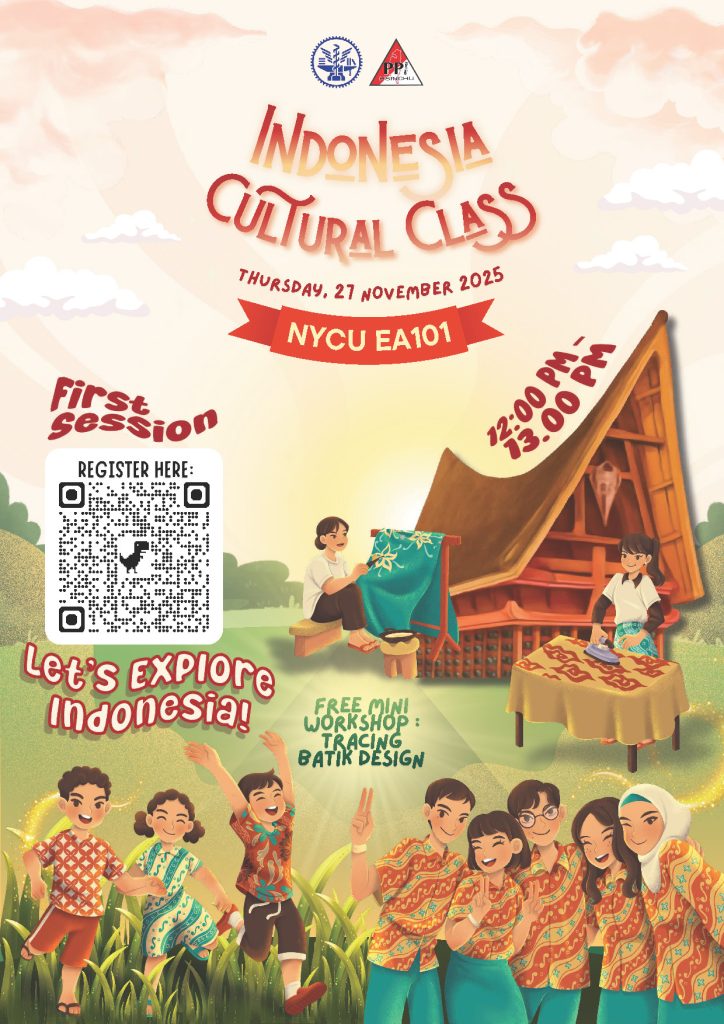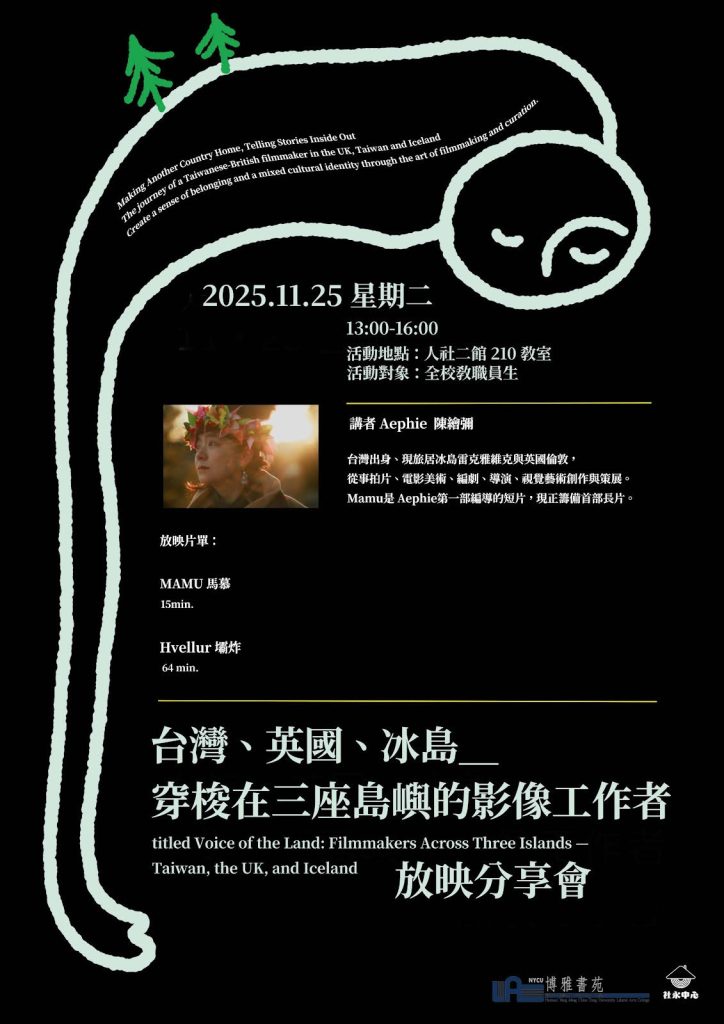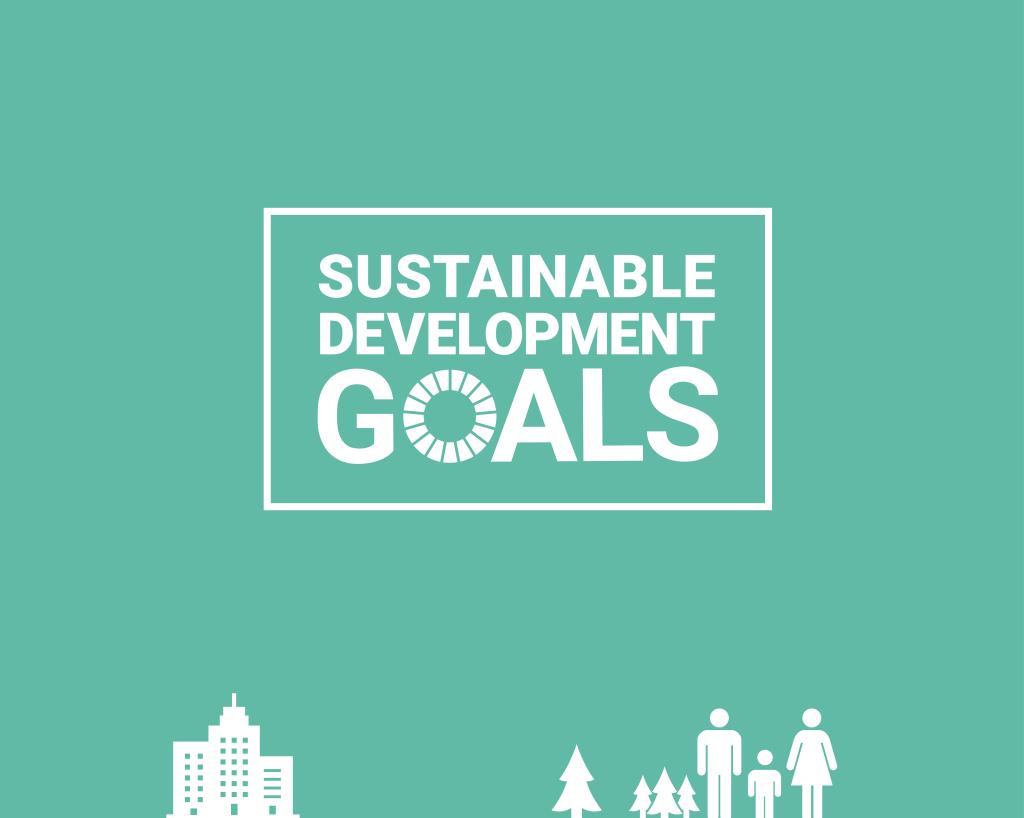A scene once confined to comic books and Hollywood blockbusters may be edging closer to reality. Researchers at National Yang Ming Chiao Tung University (NYCU) have developed a groundbreaking millisecond-scale wireless neural modulation technology that could transform the treatment of brain disorders.
The study “Magnetic-Driven Torque-Induced Electrical Stimulation for Millisecond-Scale Wireless Neuromodulation”, recently published in the leading journal Advanced Healthcare Materials and featured on its back cover, introduces a technique called Magnetic-Driven Torque-Induced Electrical Stimulation (MagTIES).
While it does not enable the fantastical mind control depicted in X-Men, it does allow scientists to wirelessly and precisely control brain waves in animals within just milliseconds. The research team has also secured a patent for the innovation.
Faster and Safer Than Existing Methods
Led by Professor Po-Han Chiang of NYCU’s Institute of Intelligent Bioelectrical Engineering and Interdisciplinary Master’s Program in Neurotechnology, the team tackled a long-standing limitation in brain stimulation technologies. Conventional magnetic stimulation requires high-power magnetic fields and often takes seconds to trigger neural responses—too slow to match the brain’s rapid activity.
MagTIES combines magnetic nanodiscs with piezoelectric nanoparticles to generate electrical signals through a novel “magnetic torque” mechanism. This enables neuronal activity to be induced under low-frequency, low-intensity magnetic fields—up to 100 to 1,000 times faster than other nanomagnetic technologies.
Precision Control of Brain Waves
In animal trials, the team demonstrated that MagTIES could wirelessly stimulate deep brain regions such as the amygdala. Even more remarkably, they showed the ability to tune brain waves to specific frequencies—such as beta waves, which are associated with emotion and attention—by adjusting the magnetic field. Such precision had never been achieved with previous approaches.
“MagTIES materials are simple to produce and highly biocompatible,” said Chao-Chun Cheng, the study’s first author and a Ph.D. candidate at NYCU. “This opens enormous potential for treating neurological disorders such as Parkinson’s disease.”
Professor Chiang emphasized the broader implications: “Wireless deep-brain stimulation can drastically reduce the need for invasive surgery, offering new hope for patients worldwide. The impact on global brain disease treatment could be profound.”
Open-Source Tools to Accelerate Adoption
To broaden access, the NYCU team also introduced an open-source, low-cost magnetic stimulation system, detailed earlier this year in Scientific Reports. The platform features a versatile device and a user-friendly software interface, designed to lower barriers for research labs and accelerate the applications of wireless brain stimulation in both medical and scientific settings.
Source : NYCU News




